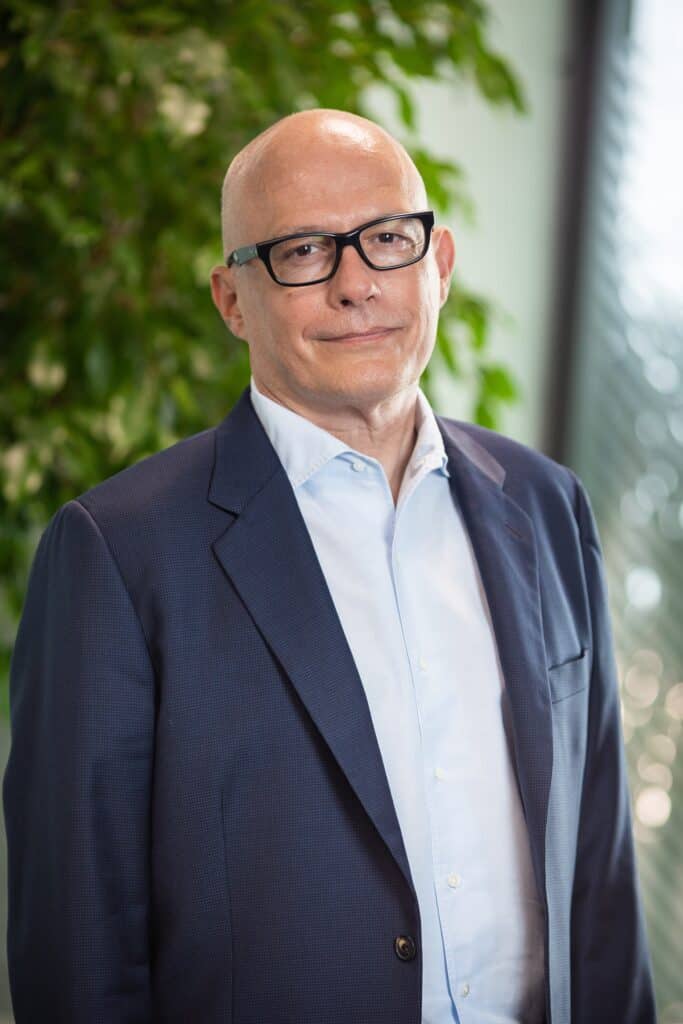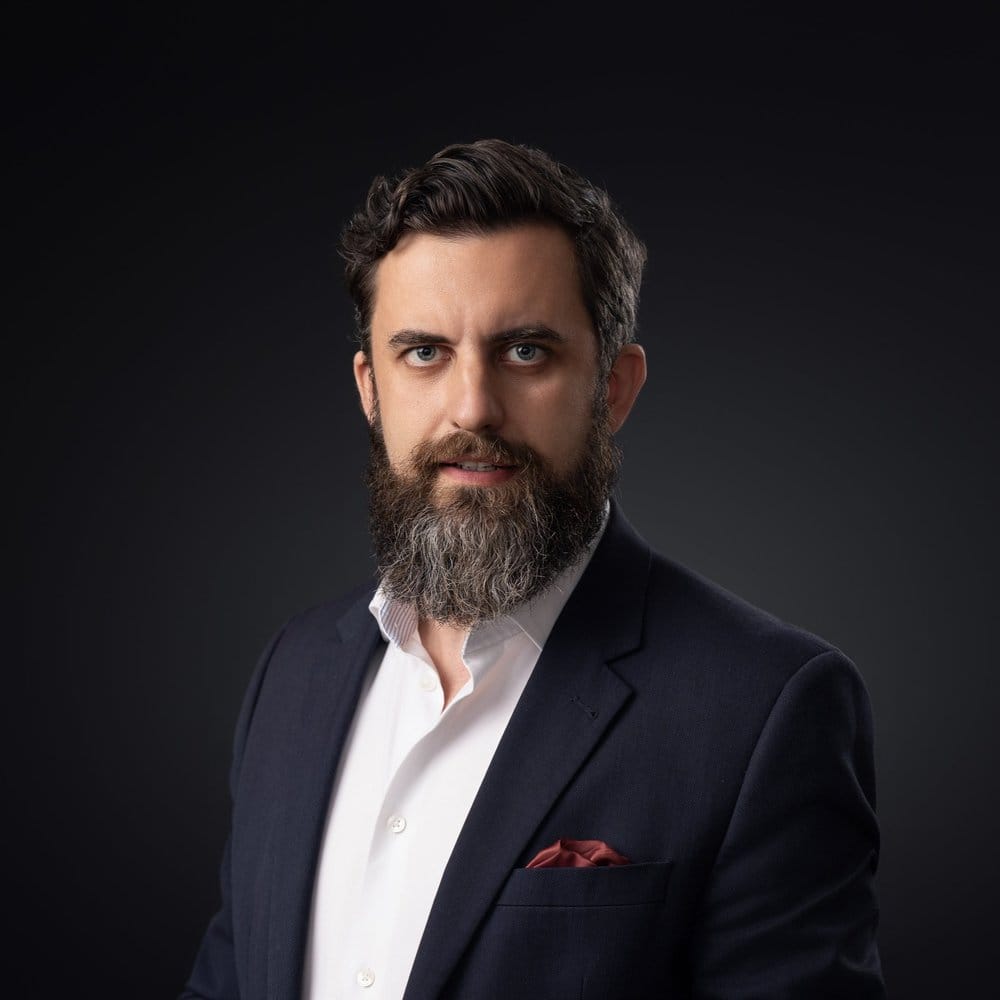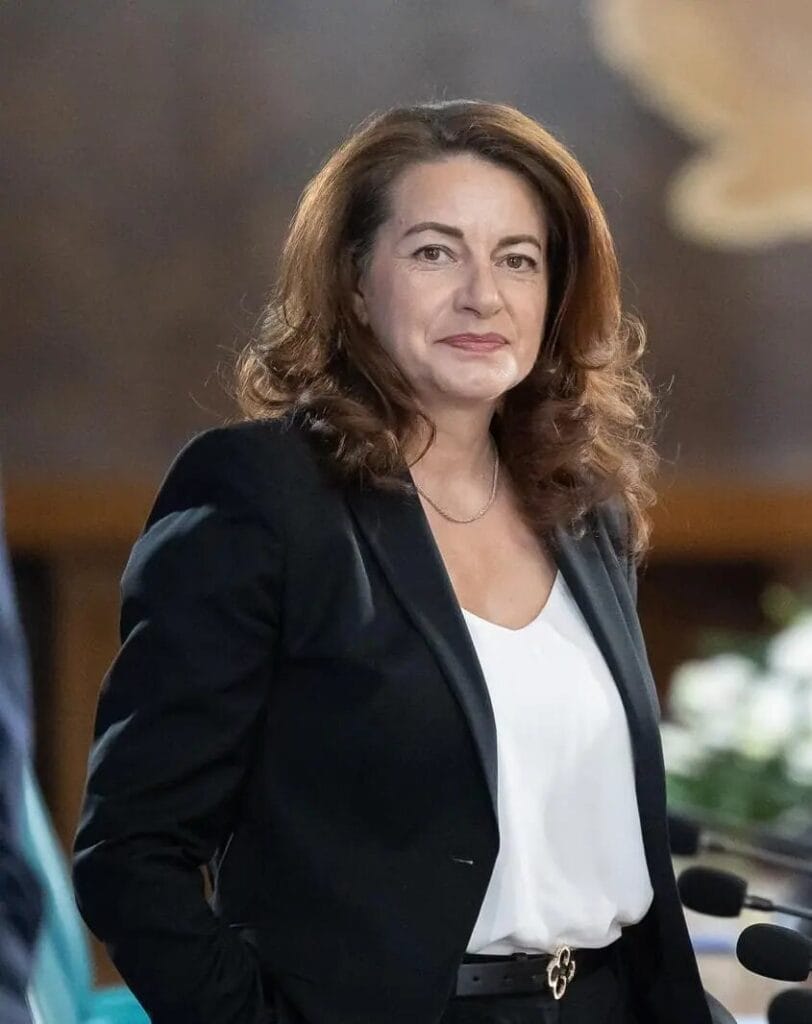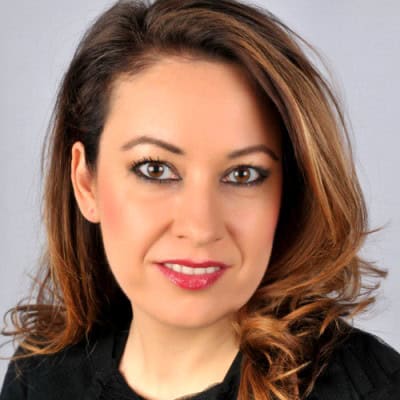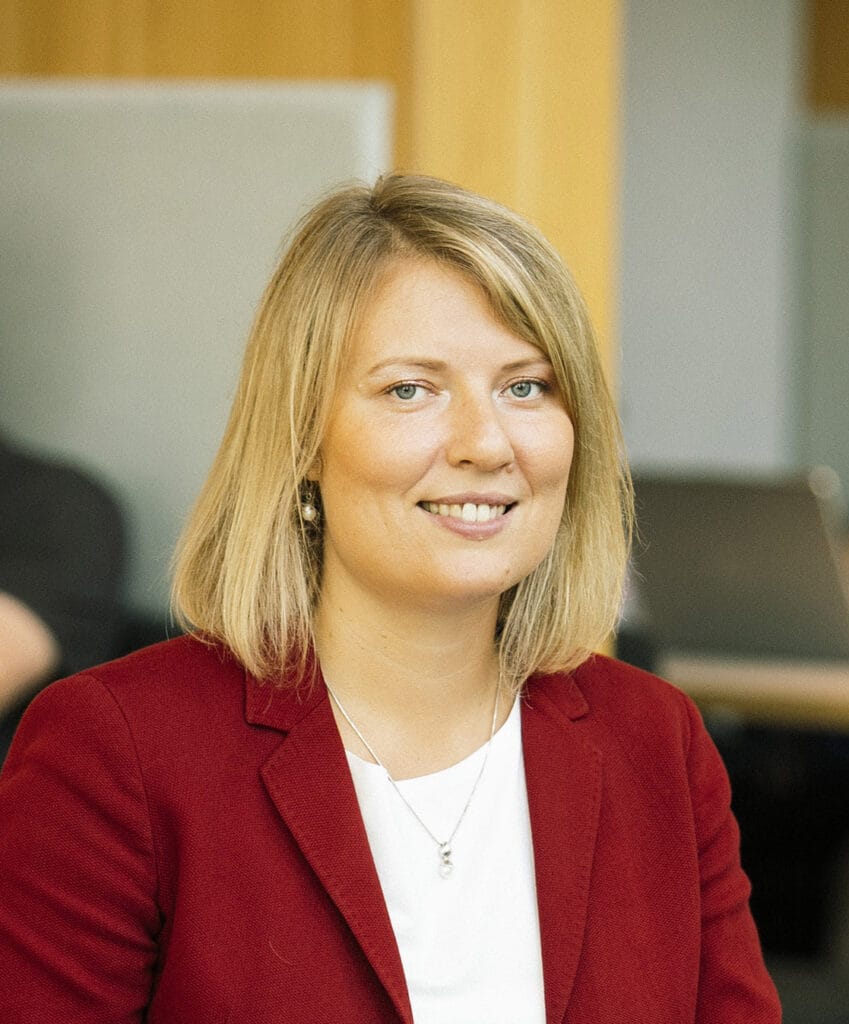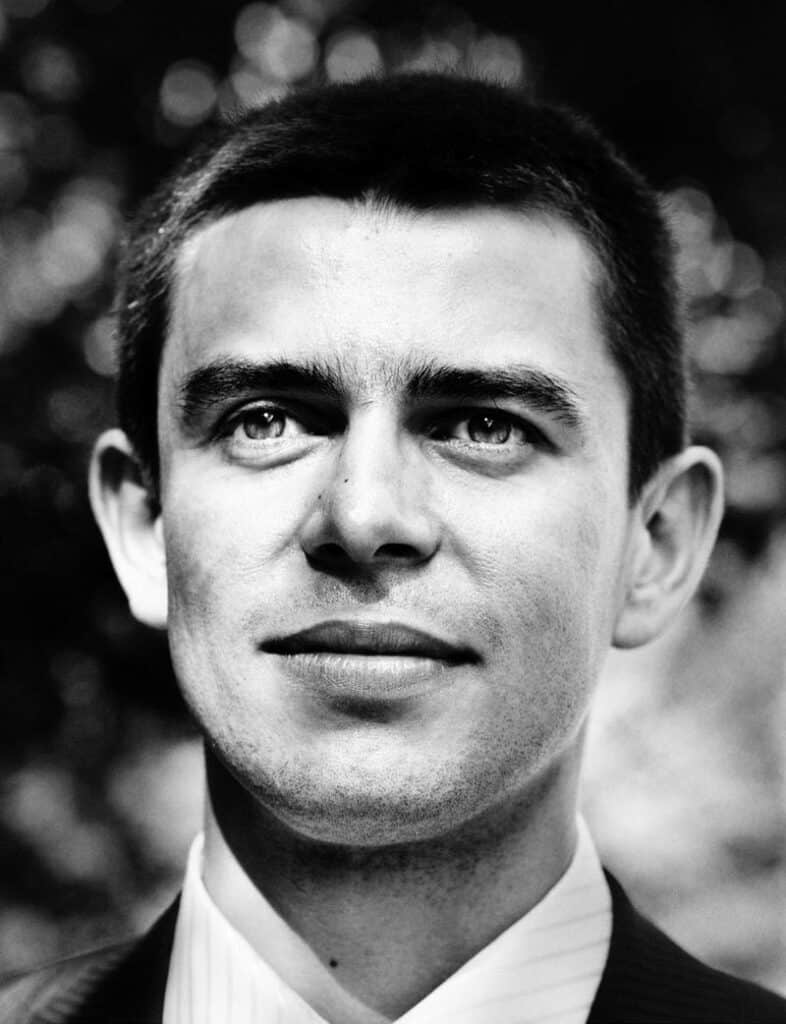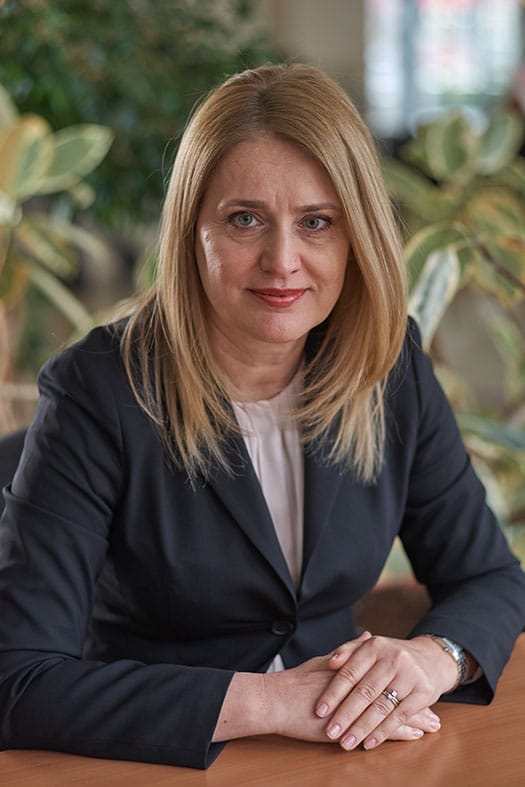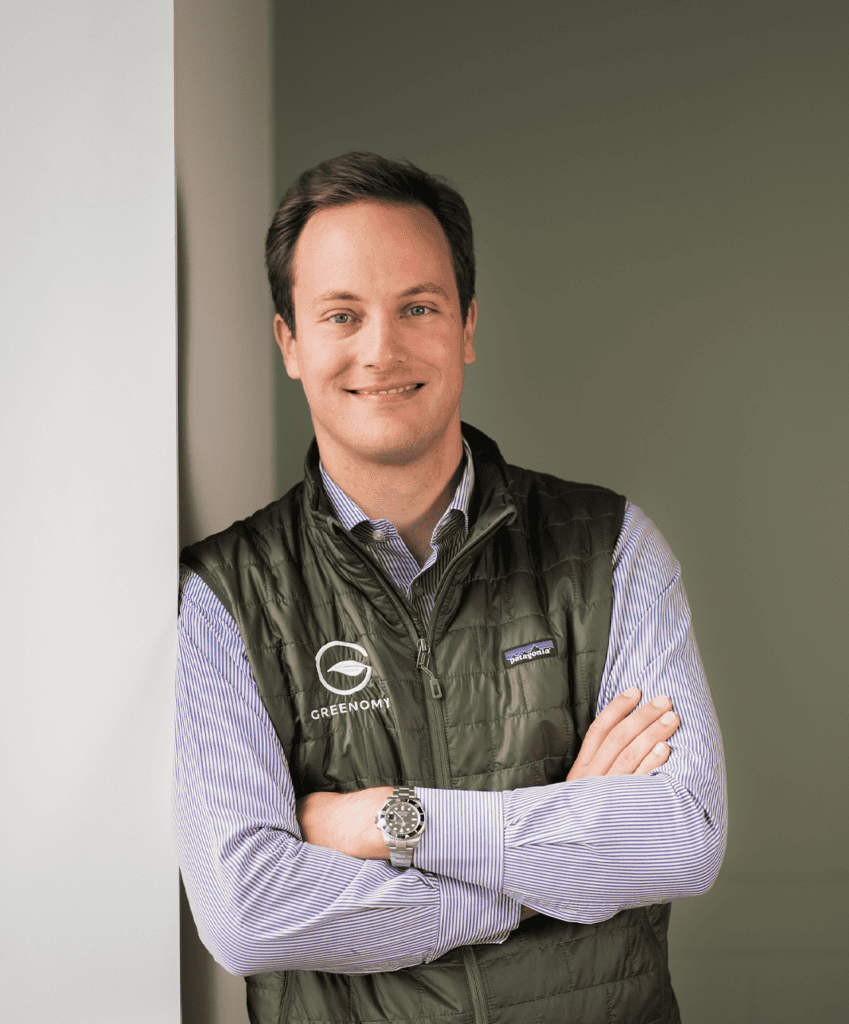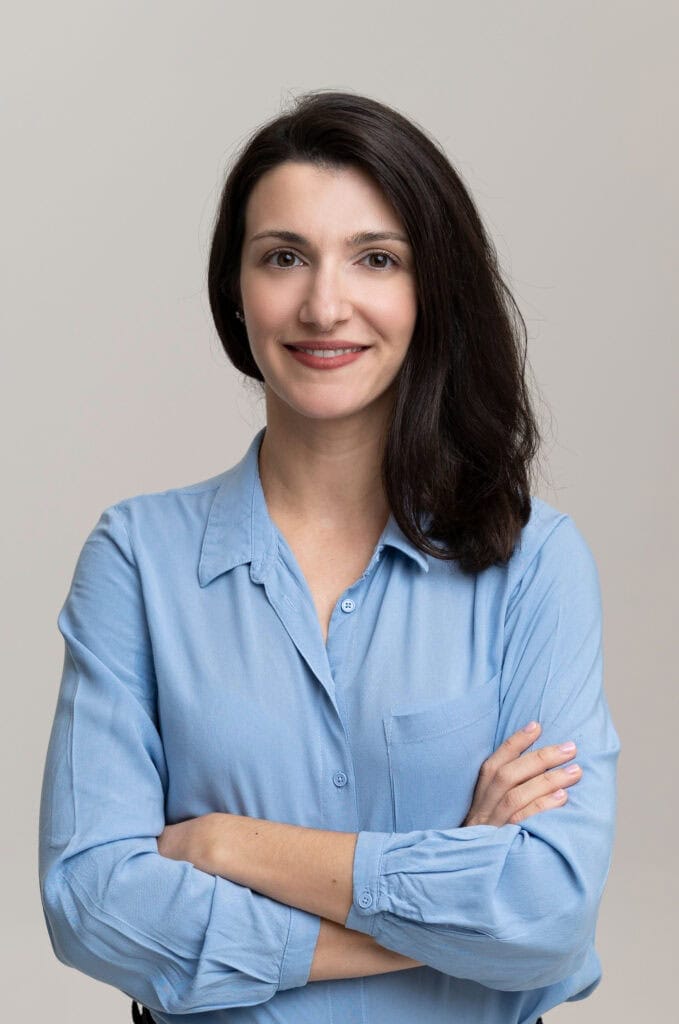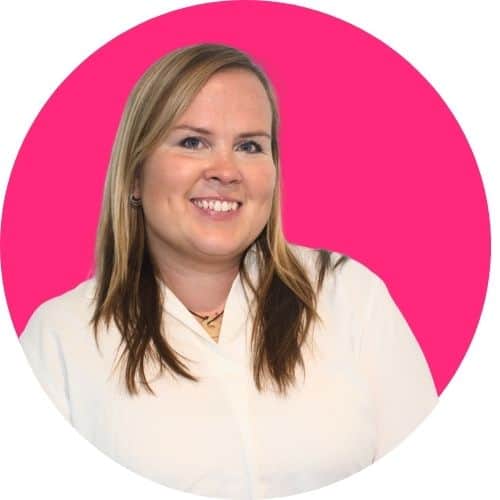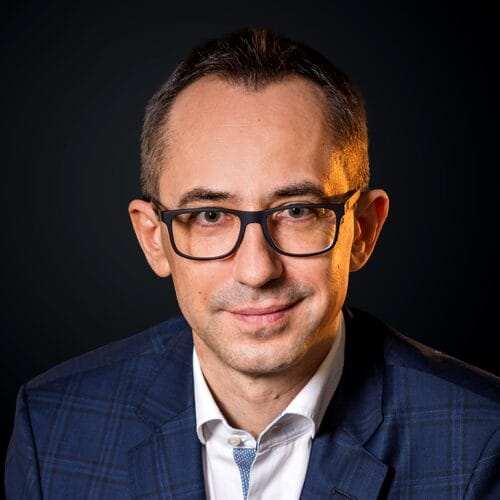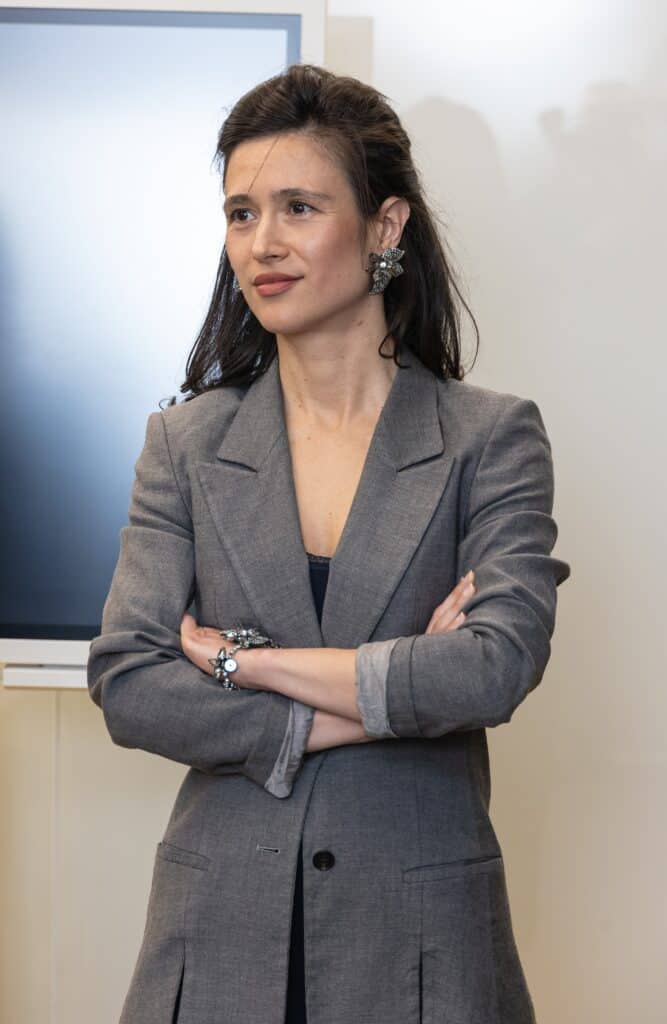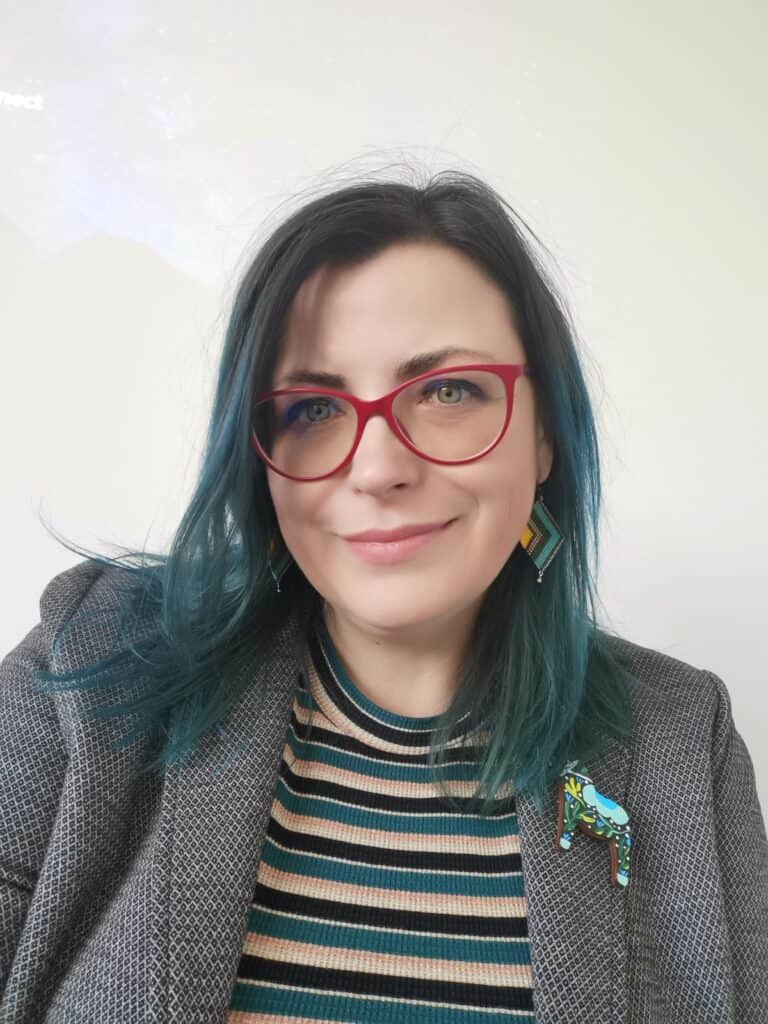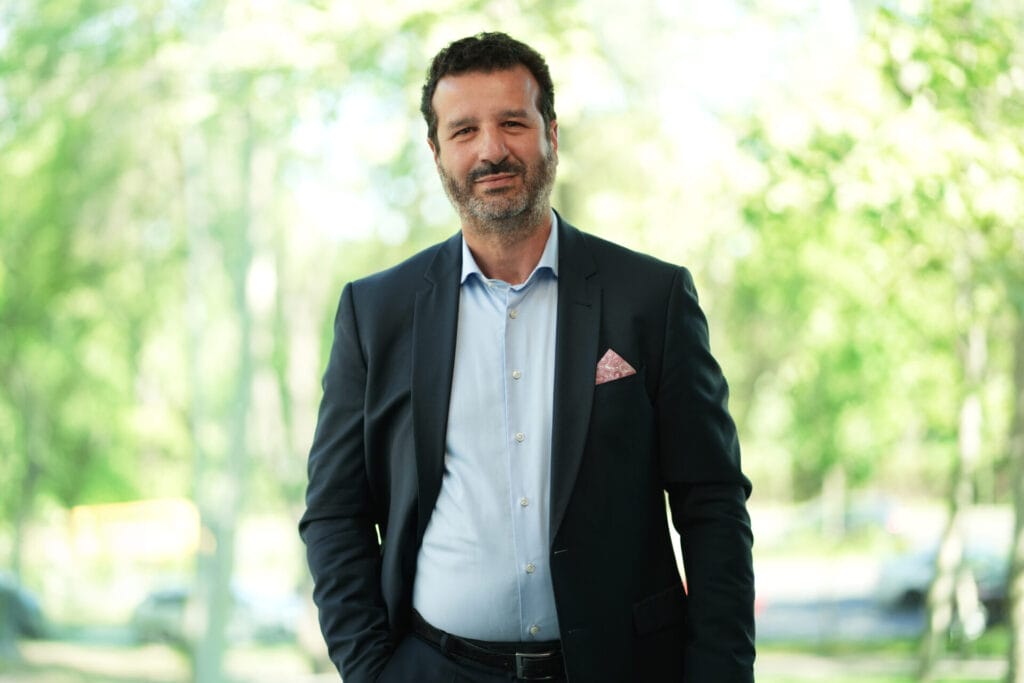Every year, millions of second-hand pieces of furniture in perfect condition go to waste. While each of us must acknowledge the impact of the choices we make on the planet, everyone needs to rethink and adjust their lifestyle and daily consumption behavior. Any action, however small, can make a big difference in the long run.
For this to be possible, it is equally important to have the right infrastructure that allows us to do what’s best for people and planet. IKEA’s Circular Hub (Atelierul de circularitate) is part of the quest to make circularity applicable and achievable for the many, as IKEA believes that life is better when it is lived sustainably. It is a space that offers a second chance and a new home to used IKEA furniture. Here, the products that came out of production with small imperfections, that were recovered through refurbishment, the buy-back program or returned goods, find a new life. We want to give to give chairs, shelves or chests of drawers as many lives as possible.
By testing new circular services, we’re exploring ways to prolong the life of our products, give customers access to furniture without owning it, and help people give products they no longer need a second life.
The Buy-back and resell program is an important piece of the circularity puzzle. All year long, we buy used IKEA furniture not fitting one’s needs anymore in a safe and streamlined manner. It is a sustainable way of disposing objects or products, as well as profitable because in-store credit is given in exchange. It’s one little action that can have a big impact on thin wallets and the planet.
IKEA makes additional steps towards extending the lifecycle of products by promoting Spartacus and spare parts services that focus on repairing rather than replacing. We source most spare parts from our suppliers,
but co-workers also rescue spare parts from damaged or unused returned products that can’t be resold, ensuring important resources don’t go to waste.
The concept of sustainability and circularity isn’t a new idea for IKEA as the company’s purpose has always been to create a better everyday life for the many people. By reducing waste, conserving resources and empowering consumers to make environmentally responsible choices, IKEA can be a catalyst for positive change as the company’s vision goes beyond home furnishing; it’s about having a positive impact on entire communities.
As part of our People & Planet Positive strategy, we made a commitment to become a climate positive and circular company by 2030. To encourage people to rethink the meaning of sustainable consumption, IKEA offers affordable and sustainable solutions through the Circularity Hub (Atelierul de circularitate). Other actions include: consuming 100% renewable energy in our operations, being more accessible for people without a car, offering zero emissions home deliveries, providing circular services, and promoting living within the boundaries of our planet.
Artificial Intelligence – IKEA’s answer to reduce food waste
Around a third of all food produced and harvested around the world goes to waste, generating between eight and ten percent of global greenhouse gas emissions. As a major global food retailer, IKEA committed to addresses this challenge by halving food loss and waste by 2030, according to the United Nations Sustainability Development Goal 12.3. Ingka Group first reached the 50% reduction milestone at the end of the year 2021, nine years ahead of the target date. That translates into more than 20 million saved meals and 36,000 tonnes of CO2 emissions that have been avoided globally.
Ingka Group prepares and serves food to more than 560 million people annually and sees an opportunity to tackle the issue of food waste by combining co-worker awareness with technology. A key factor in this is the use of artificial intelligence through a partnership with Winnow Solutions. The Food Waste Watcher AI smart scale measures and registers food waste in IKEA restaurants, bistros, and Swedish Food Markets. The data collected provides food co-workers with a deeper understanding of what is being discarded and why, helping them to prevent and reduce food waste in the kitchen.
Looking ahead, IKEA is committed to continue its progress toward its sustainability goals and aims to inspire and enable the many people to change their behaviour, starting from company’s own operations and the team.
Circular services: Reuse, resell or recycle furniture – the IKEA Buy Back program
Using resources efficiently has always been part of IKEA’s business approach. Making the circular economy a reality, IKEA has committed to becoming a circular business by 2030 by providing new circular services and offers to enable the customers to reuse and repair products.
Through the Buy-back service, customers can make a sustainable choice by giving their pre-loved IKEA item a second life. Using the online estimator tool, customers can find out the Buy-back value of their IKEA furniture. Through refurbishment services, products are evaluated, cleaned, repaired, upgraded, recertified, and eventually made available again in the circular hub in stores and online, to fellow customers who can give them a new home.
Resale is part of a broader effort by IKEA to transform its business model to be circular and climate positive by 2030. We all have a part to play in minimising the impact of waste on our planet and only together we can inspire change if we take care of, fix, adapt, upgrade and pass on the products we love.
curated by IKEA


